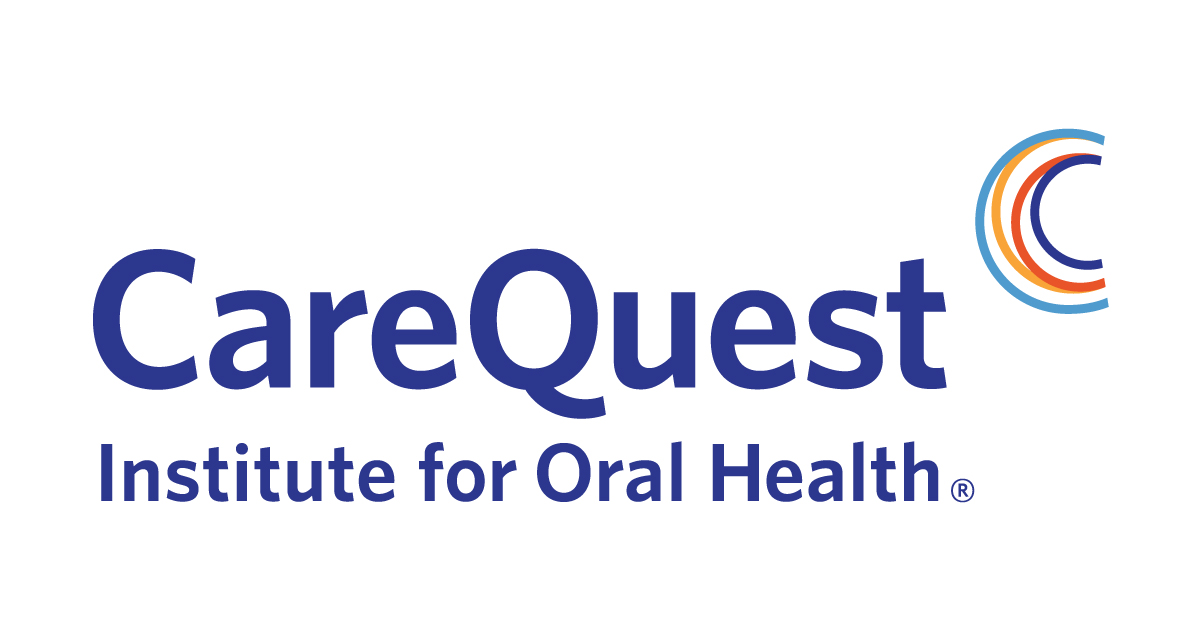Addressing Oral Health Disparities: Grant Proposals Invited by CareQuest Institute
National nonprofit’s Requests for Proposals designed to help students and veterans improve oral health access shortcomings.
Image Credit: © CareQuest Institute for Oral Health

Access to proper dental care is a problem facing people from various backgrounds and demographics, and that’s why groups like theCareQuest Institute for Oral Health® work hard to forge a more inclusive, fair, and interconnected oral health landscape.
The prominent national nonprofit has initiated 2 grant programs aimed at tackling entrenched obstacles to oral health access. The Requests for Proposals (RFPs) encompass:
- School-Based and School-Linked Initiatives to Enhance Oral Health Grant
- Veterans Oral Health Access and Equity Grant
These opportunities, now open for proposals, endeavor to address systemic hurdles to oral health access. The submission deadline for proposals is May 1, 2024. Each RFP will select 10 projects, with funding available up to $125,000 per project, the CareQuest Institute states.
“In our pursuit of a more accessible and equitable oral health system, CareQuest Institute invites proposals aimed at breaking down barriers for our nation’s veterans and strengthening our school-based oral health programs,” Trenae Simpson, director of grants and programs at CareQuest Institute, says in a press release. “Through these initiatives, we hope to authentically engage and amplify community voices, encourage innovation, and improve health outcomes for those who have often been unheard and left behind in our health and oral health care system.”
School-Based and School-Linked Initiatives to Enhance Oral Health Grant
Aligned with its mission to enhance oral health outcomes, CareQuest Institute invites proposals for initiatives concentrated on school-based and school-linked interventions. Schools represent pivotal hubs for enhancing the oral health and overall well-being of students, thereby increasing their prospects for academic success and life achievement. These programs hold the potential to ameliorate health disparities along racial, ethnic, and economic lines.
Responses to the RFPs should underscore the applicant's dedication to engaging community members meaningfully and consistently throughout their proposed projects. This engagement extends beyond clinical treatment to cultivate environments conducive to community empowerment and justice.
Examples of proposal themes include:
- Workforce Considerations: Exploring effective roles for school-based personnel (e.g., school nurses) and strategies employed by these individuals to bolster oral health prevention, messaging, and access to care for students.
- Community Engagement: Community advocacy to support policies aimed at implementing or expanding school-based or school-linked oral health programs.
- Policy Solutions: Local, state, or national policies fostering support for school-based or school-linked oral health initiatives.
- Capacity Expansion of Federally Qualified Health Centers (FQHCs): Collaboration between school-based oral health programs and FQHCs to provide referrals for students and their families, facilitating access to dental care.
- Utilization of School-Based Technology and Tools: Leveraging teledentistry to enable children to receive diagnostic, preventive, and early intervention dental care within the school setting.
- Innovative Payment Models: Piloting novel clinical, workforce, and workflow solutions to inform and/or validate payment models that sustain school-based or school-linked oral health services.
For detailed eligibility criteria, proposal requirements, and evaluation metrics, CareQuest asks applicants refer to the School-Based and School-Linked Initiatives to Enhance Oral Health Request for Proposals page.
Veterans Oral Health Access and Equity Grant
Acknowledging the distinctive oral health challenges confronting many veterans, CareQuest Institute seeks proposals aimed at enhancing access to care for the 17 million veterans in the United States. Veterans disproportionately experience tooth decay and periodontal issues, making this grant initiative crucial in advancing oral health equity within this population, according to the nonprofit.
Examples of proposal themes for this grant include:
- Development of a veteran-focused oral health policy agenda by a national organization in collaboration with veteran self-advocates and veteran-focused partners.
- Community-focused initiatives, such as hosting listening sessions and advocacy trainings to bolster oral health advocacy capacity and expand access to care.
- Piloting of innovative clinical, workforce, and workflow solutions to inform payment models supporting oral health care for veterans.
- Community-driven approaches, where project design and decision-making are led by the veteran community.
For comprehensive details regarding eligibility, proposal requirements, and evaluation criteria for this grant, applicants are asked to consult the Veterans' Oral Health: Expanding Access and Equity Request for Proposals page.
CareQuest Institute's believes that oral health care solutions are most effective when individuals and communities impacted by oral health disparities drive their design, development, and implementation.
These grant opportunities underscore the institute's commitment to fostering collaboration to address oral health disparities and promote health equity across diverse communities. Through philanthropy, analytics, health transformation, policy advocacy, education, and leadership in dental benefits and innovation, the institute collaborates with stakeholders at all levels to expedite oral health care transformation. For additional information on the CareQuest Institute for Oral Health, visit carequest.org.
How Dentists Can Help Patients Navigate Unforeseen Dental Care
December 12th 2024Practices must equip patients with treatment information and discuss potential financing options before unexpected dental treatments become too big of an obstacle and to help them avoid the risk of more costly and invasive procedures in the future.